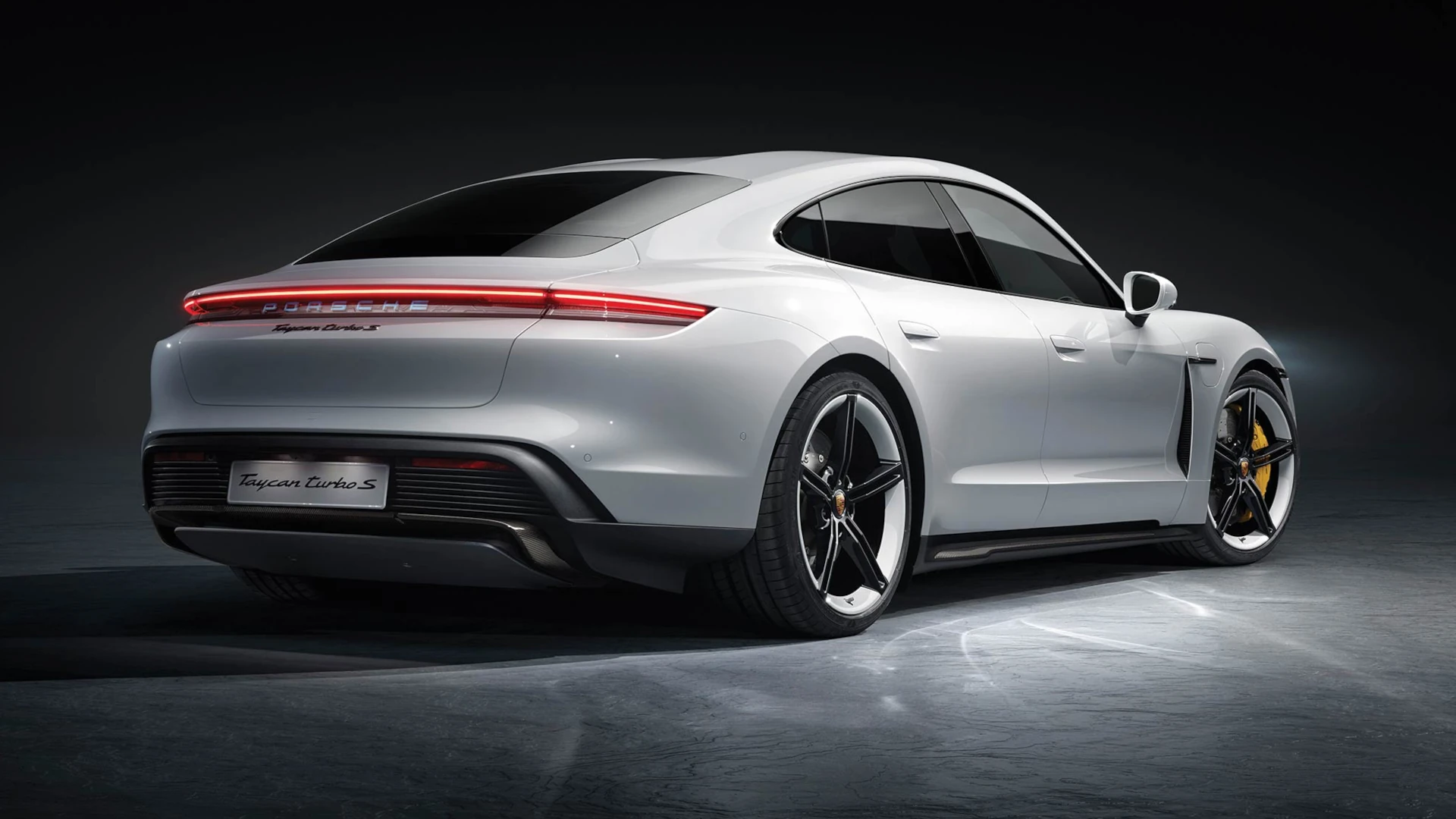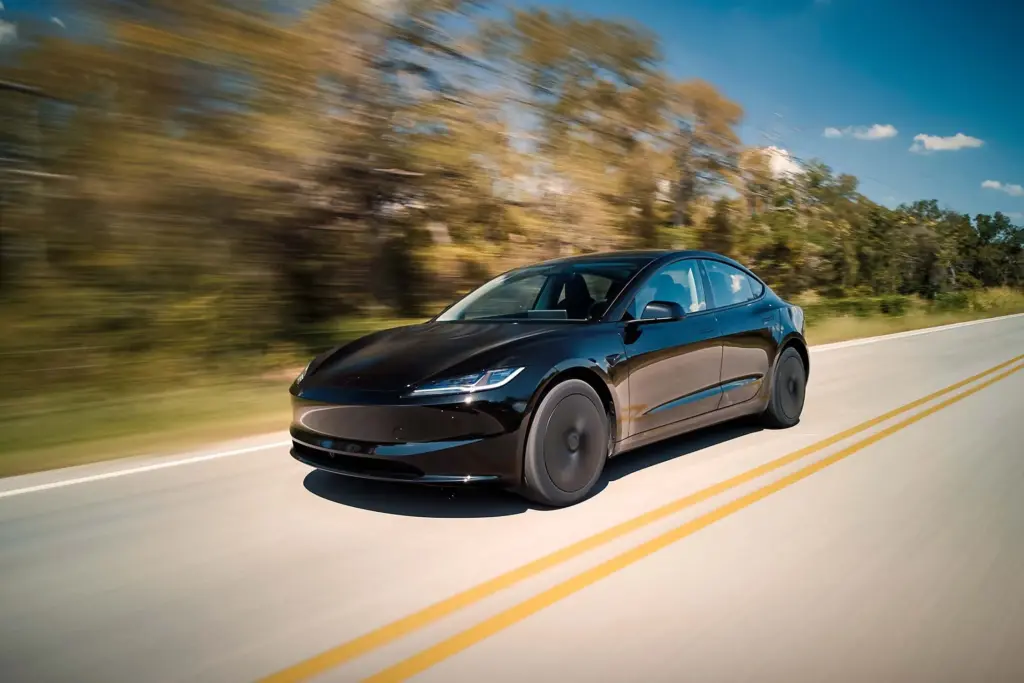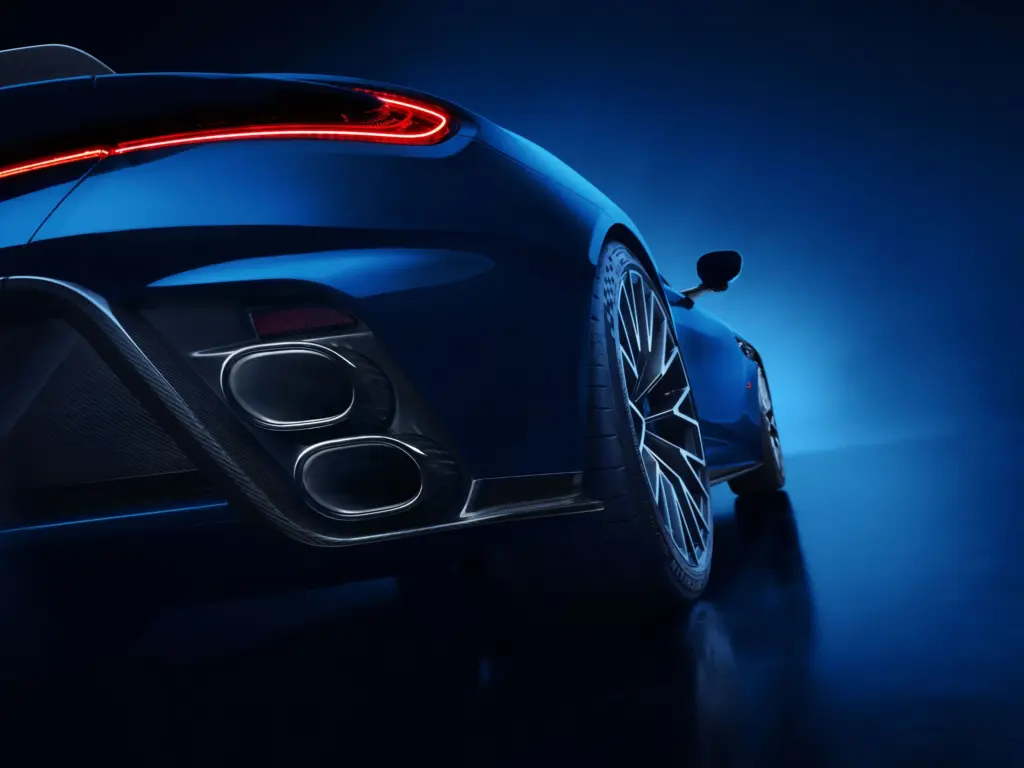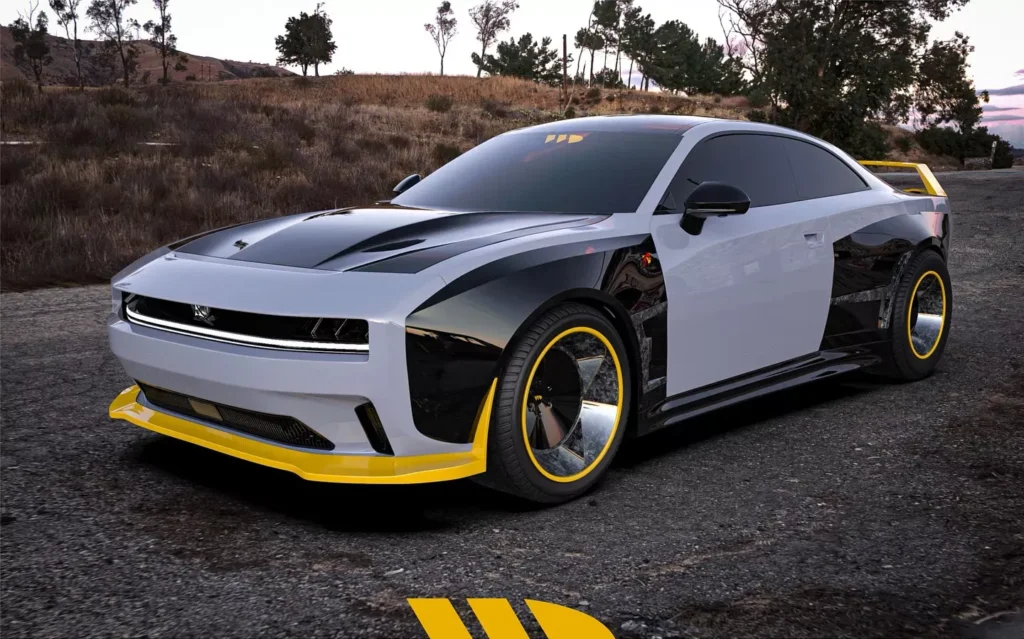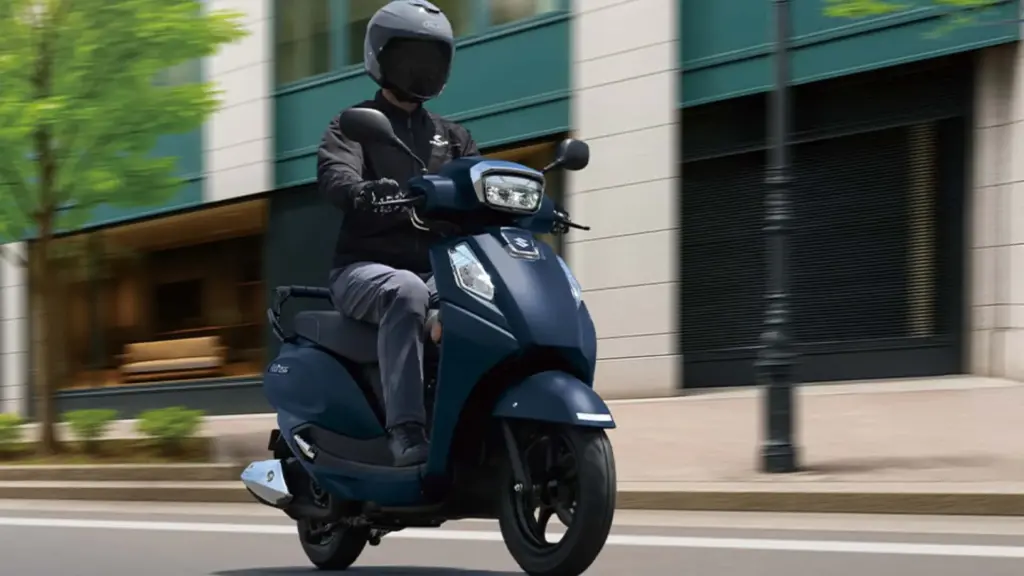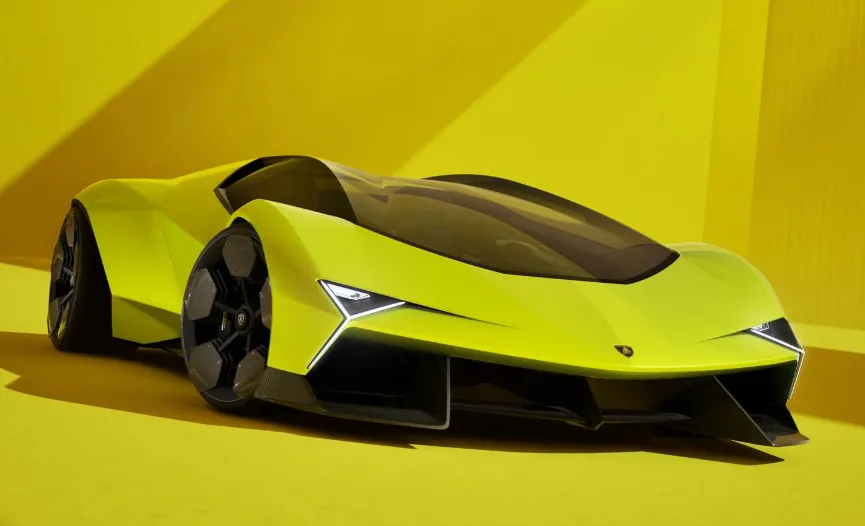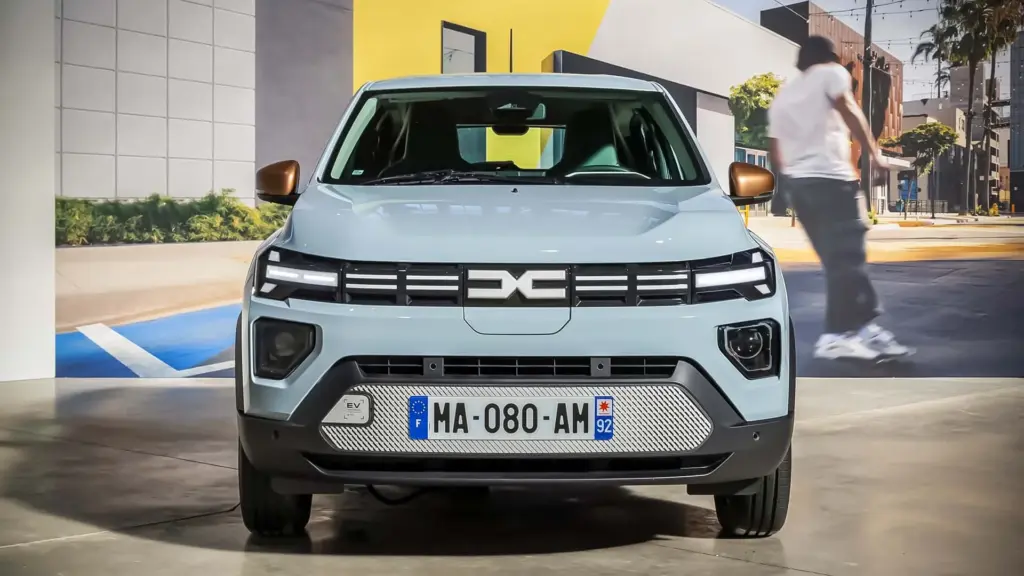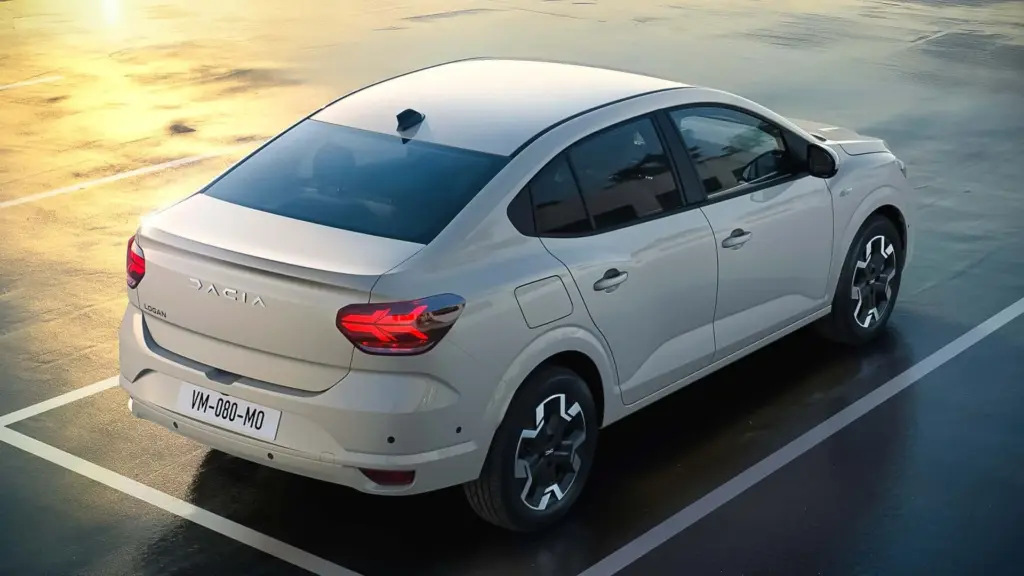The introduction of the Porsche Taycan in 2019 was a significant milestone for Porsche. Since then, the model has established itself as one of the brand’s most popular vehicles, especially in the electric vehicle segment. For instance, around 20,000 Taycan units are currently on German roads. However, the recent decline in demand for EVs has also affected this model, which is considered Porsche’s flagship electric car.
Despite recent improvements, such as a facelift and higher-capacity batteries, demand for the Porsche Taycan has not remained consistent. Therefore, Porsche has decided to adjust its production at the Zuffenhausen factory to align with current demand. From now on, the Taycan will be produced in just a single shift per day, though the company has assured that there will be no job cuts. Nevertheless, negotiations with the union are required to implement this change.
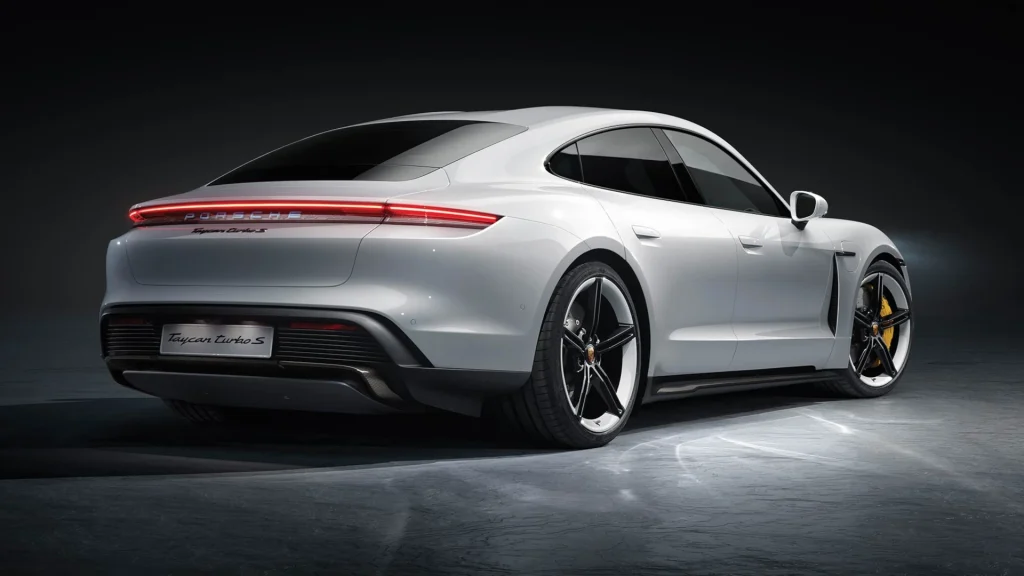
The decision to reduce production of the Porsche Taycan is not directly related to the end of government subsidies for electric vehicles in Germany, which ends at the end of 2023. This subsidy, known as the Umweltbonus, would have little impact on a car with the most affordable model starting at 101,500 euros. The decline in demand is a global phenomenon, also affecting markets like China, where consumers of premium German brands have shown a preference for models with combustion engines.
Even with the decline in demand, the Porsche Taycan still holds strong appeal in markets like the United States. Just three years after its launch, the factory in Stuttgart-Zuffenhausen celebrated the production of the 100,000th unit. In 2023, the Taycan had its most successful year, with more than 40,000 units sold. However, demand started to decline the following year. The top-of-the-line model, the Taycan Turbo GT, with an impressive 1,034 PS, continues to attract consumers despite its high price of 240,000 euros.
Porsche’s decision to reduce production of the Porsche Taycan reflects the need to adapt to ever-changing market conditions. Although demand for electric vehicles is declining, Porsche remains committed to producing high-quality EVs and does not plan any job cuts. The brand continues to adjust its strategies to ensure it can meet consumer needs and maintain its position in the global market.
Author: Fabio Isidoro
Founder and editor-in-chief of Canal Carro, he dedicates himself to exploring the automotive universe with depth and passion. A car and technology enthusiast, he produces technical content and in-depth analyses of national and international vehicles, combining quality information with a critical eye for the public.

